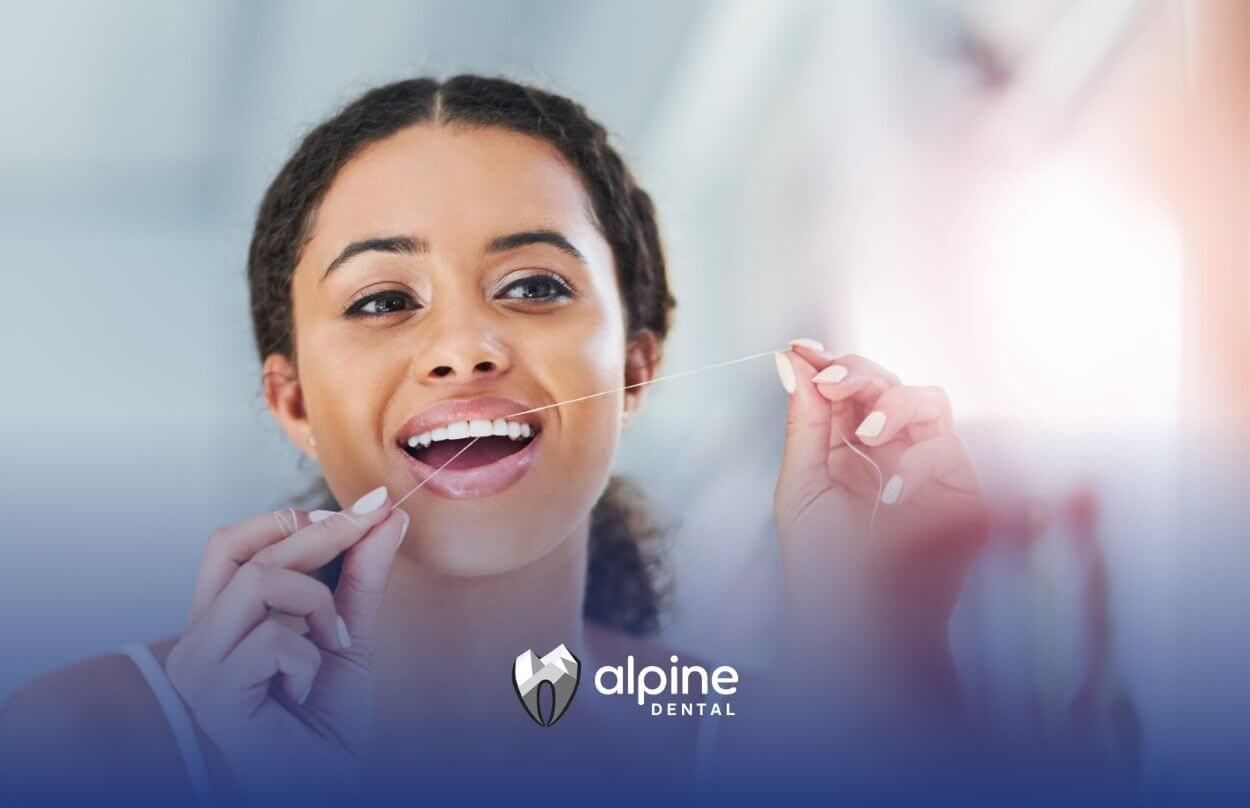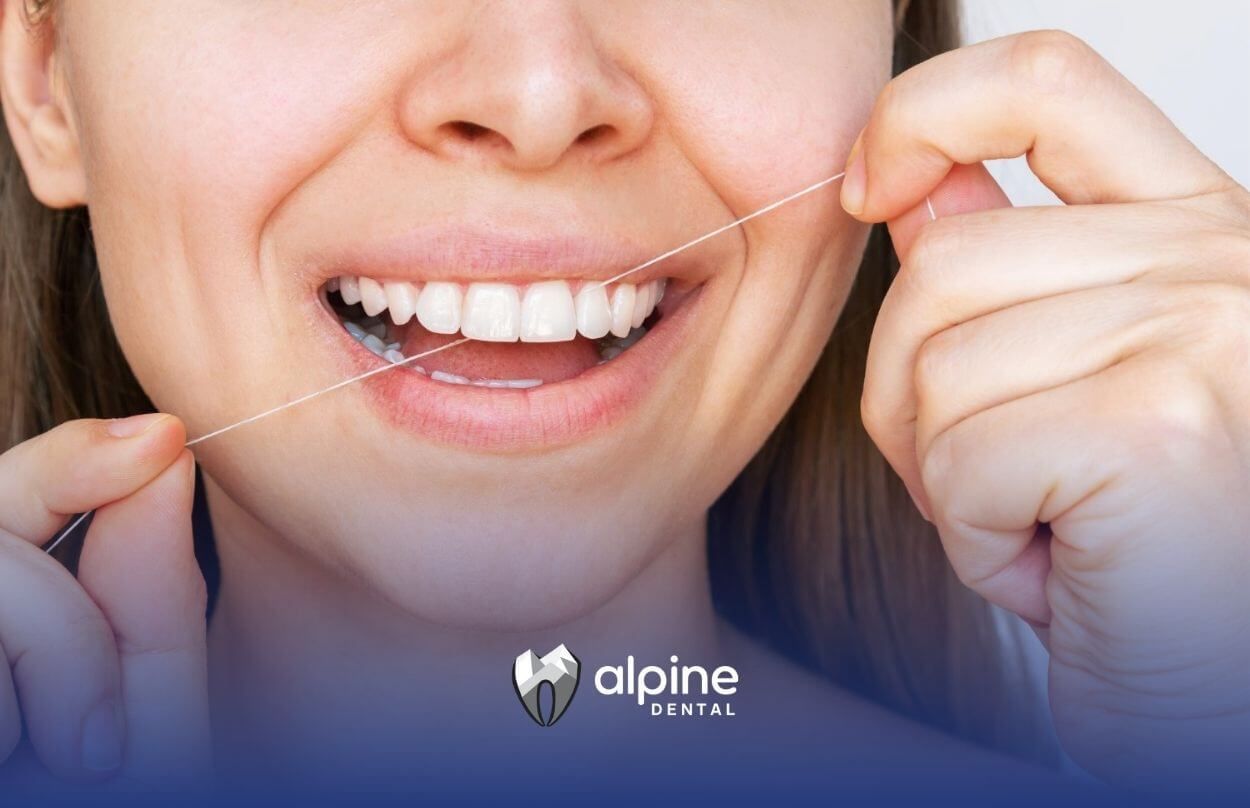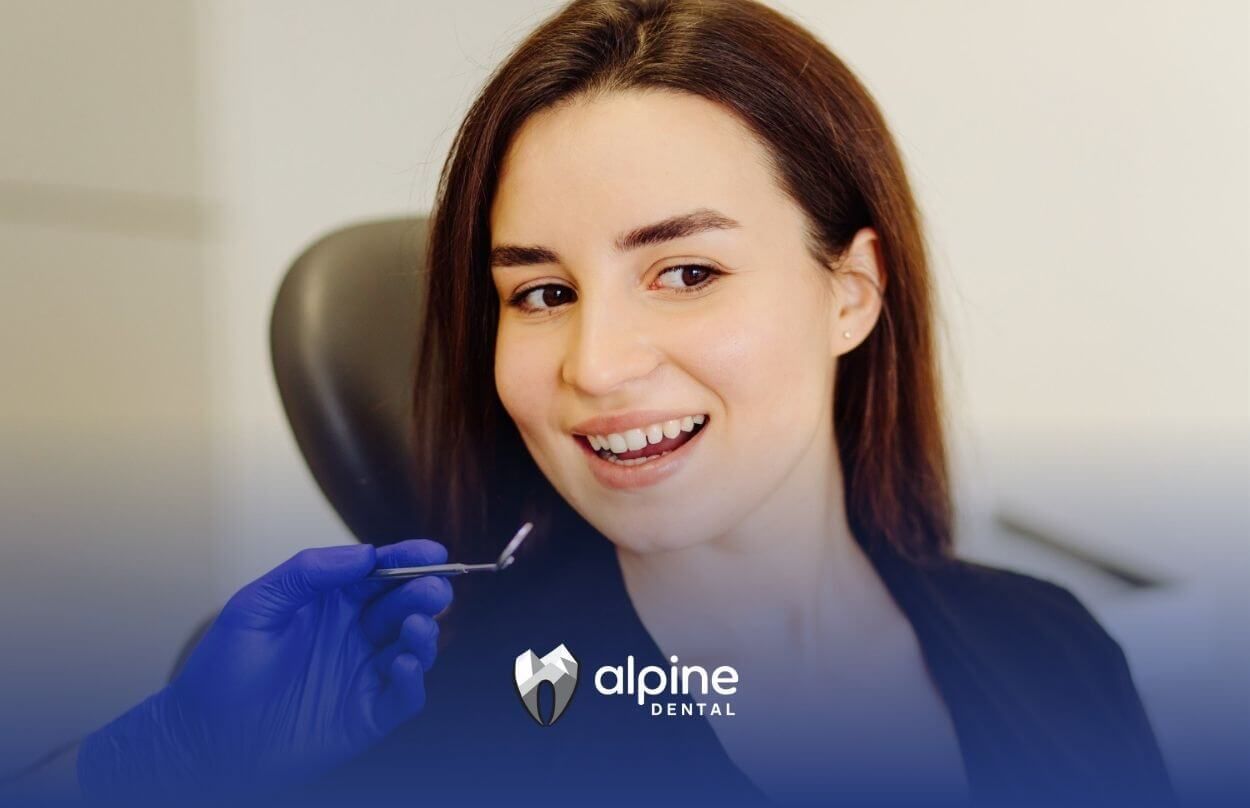Types of Mouthwash: Choosing the Right One for You
Mouthwash is a simple addition to your oral hygiene routine that can offer a variety of benefits, from freshening breath to fighting cavities and gum disease. However, not all mouthwashes are created equal. With so many options available, it can be confusing to figure out which one is best suited for your needs.
In this article, we’ll walk you through the different types of mouthwash, their unique benefits, tips on choosing the right product to keep your smile healthy and fresh, and when to tap the experts for recommendations.
Why Use Mouthwash?
Before diving into the types, it’s important to understand why mouthwash can be beneficial:
- Freshens breath
- Helps remove debris left after brushing and flossing
- Reduces plaque buildup
- Fights gum disease and gingivitis
- Provides fluoride to strengthen teeth
- Helps manage dry mouth
Adding mouthwash to your daily routine enhances your overall oral health and gives you extra protection between dental visits.
Different Types of Mouthwash
Let’s explore the various types of mouthwash available and what each one is designed to do.
1. Cosmetic Mouthwash
- Purpose: Primarily used to temporarily freshen breath.
- Key Features:
- Does not kill bacteria
- No therapeutic benefits
- Mask odors rather than treating underlying causes
- Ideal for: Quick breath refresh before social interactions.
2. Therapeutic Mouthwash
- Purpose: Designed to provide medical benefits beyond just freshening breath.
- Key Features:
- Helps control plaque
- Reduces gingivitis
- Fights cavities
- Reduces bad breath by eliminating bacteria
- Common Active Ingredients: Chlorhexidine, cetylpyridinium chloride, essential oils, fluoride.
- Ideal for: People wanting a deeper clean and added oral health protection.
3. Fluoride Mouthwash
- Purpose: Strengthens tooth enamel and helps prevent cavities.
- Key Features:
- Contains sodium fluoride
- Especially beneficial for people prone to cavities
- Often recommended for children and adults with braces
- Ideal for: Those looking to add extra cavity protection beyond regular toothpaste use.
4. Antiseptic Mouthwash
- Purpose: Kills bacteria that cause plaque, gingivitis, and bad breath.
- Key Features:
- Contains alcohol or other antibacterial agents
- Helps in managing early gum disease
- May cause a burning sensation for some users
- Ideal for: Individuals with gingivitis or those needing serious germ control.
5. Alcohol-Free Mouthwash
- Purpose: Provides similar benefits as traditional mouthwash without the harshness of alcohol.
- Key Features:
- Gentler on sensitive mouths
- Less drying effect
- Suitable for individuals with dry mouth (xerostomia)
- Ideal for: Children, people with dry mouth, or those sensitive to alcohol.
6. Natural or Herbal Mouthwash
- Purpose: Offers oral health benefits using natural ingredients.
- Key Features:
- Ingredients like tea tree oil, aloe vera, or coconut oil
- Free from synthetic chemicals and alcohol
- May be less effective against severe oral health issues compared to medicinal mouthwashes
- Ideal for: Those preferring natural products or seeking a chemical-free option.
7. Prescription Mouthwash
- Purpose: Treats more serious oral health conditions.
- Key Features:
- Stronger active ingredients (e.g., chlorhexidine gluconate)
- Often prescribed for advanced gum disease or after oral surgeries
- Requires a prescription from a dentist or doctor
- Ideal for: Patients undergoing periodontal treatment or oral surgery recovery.
How to Choose the Right Mouthwash for You
Selecting the right mouthwash depends on your specific oral health needs and personal preferences. Here are some tips:
Identify Your Main Concern
- Freshening breath? Cosmetic mouthwash may be enough.
- Preventing cavities? Choose a fluoride mouthwash.
- Fighting gum disease? Opt for an antiseptic or therapeutic mouthwash.
Consider Sensitivities
If you experience a burning sensation or have a dry mouth, alcohol-free options are a better choice.
Look for ADA Approval
Products with the American Dental Association (ADA) Seal of Acceptance are tested for safety and effectiveness.
Follow Dentist Recommendations
For specific concerns like gingivitis, dry mouth, or post-surgical care, your dentist may recommend a particular type of mouthwash.
How to Use Mouthwash Properly
Using mouthwash correctly ensures you get the full benefit:
- Brush and floss first to remove food debris and plaque.
- Measure the correct amount as indicated on the bottle.
- Swish vigorously for 30 seconds to 1 minute.
- Spit it out—do not swallow!
- Avoid eating or drinking for at least 30 minutes after use, especially if using a fluoride mouthwash.
Potential Risks of Mouthwash
While mouthwash is generally safe when used correctly, overuse or improper use can lead to:
- Mouth irritation
- Dry mouth
- Altered taste
- Increased staining (with some antiseptic mouthwashes)
- Sensitivity to alcohol-based rinses
Always follow the instructions and consult your dentist if you have any concerns.
Special Considerations for Children
Children under 6 years old should not use mouthwash unless specifically recommended by a dentist. For older children, choose alcohol-free mouthwash and supervise their use to prevent swallowing.
The Role of Mouthwash in Your Oral Care Routine
Mouthwash is not a replacement for brushing and flossing but serves as an important addition to your routine. Brushing twice a day, flossing daily, regular dental checkups, and using the right mouthwash can help you maintain optimal oral health.
Conclusion
Understanding the different types of mouthwash allows you to make informed choices that support your oral health goals. Whether you're aiming to freshen your breath, prevent cavities, or manage gum disease, there's a mouthwash suited for your needs.
If you’re unsure which mouthwash is best for you, the experienced team at Alpine Dental is ready to help. Our dental professionals can recommend the right products and create a personalized oral care plan tailored to your smile. Contact us today to schedule your consultation!
Frequently Asked Questions
Can I use mouthwash every day?
Yes, most mouthwashes are safe for daily use. However, always follow the instructions on the label or your dentist's advice, especially for prescription mouthwashes.
Is mouthwash necessary if I brush and floss regularly?
While not strictly necessary, mouthwash can provide added benefits like killing bacteria, strengthening enamel, and keeping breath fresh.
What happens if I accidentally swallow mouthwash?
Swallowing a small amount accidentally is usually not harmful, but swallowing large quantities—especially of mouthwashes containing alcohol or fluoride—can be dangerous. Always spit it out and seek medical advice if a large amount is ingested.
Sources:
- https://www.ada.org/resources/ada-library/oral-health-topics/mouthrinse-mouthwash
- https://www.webmd.com/drugs/2/drug-78523-381/sodium-fluoride-dental/sodium-fluoride-1-1-toothpaste-dental/details
- https://my.clevelandclinic.org/health/diseases/10950-gingivitis-and-periodontal-disease-gum-disease
- https://oralcancerfoundation.org/complications/xerostomia/
- https://www.ada.org/resources/research/science/ada-seal-of-acceptance




